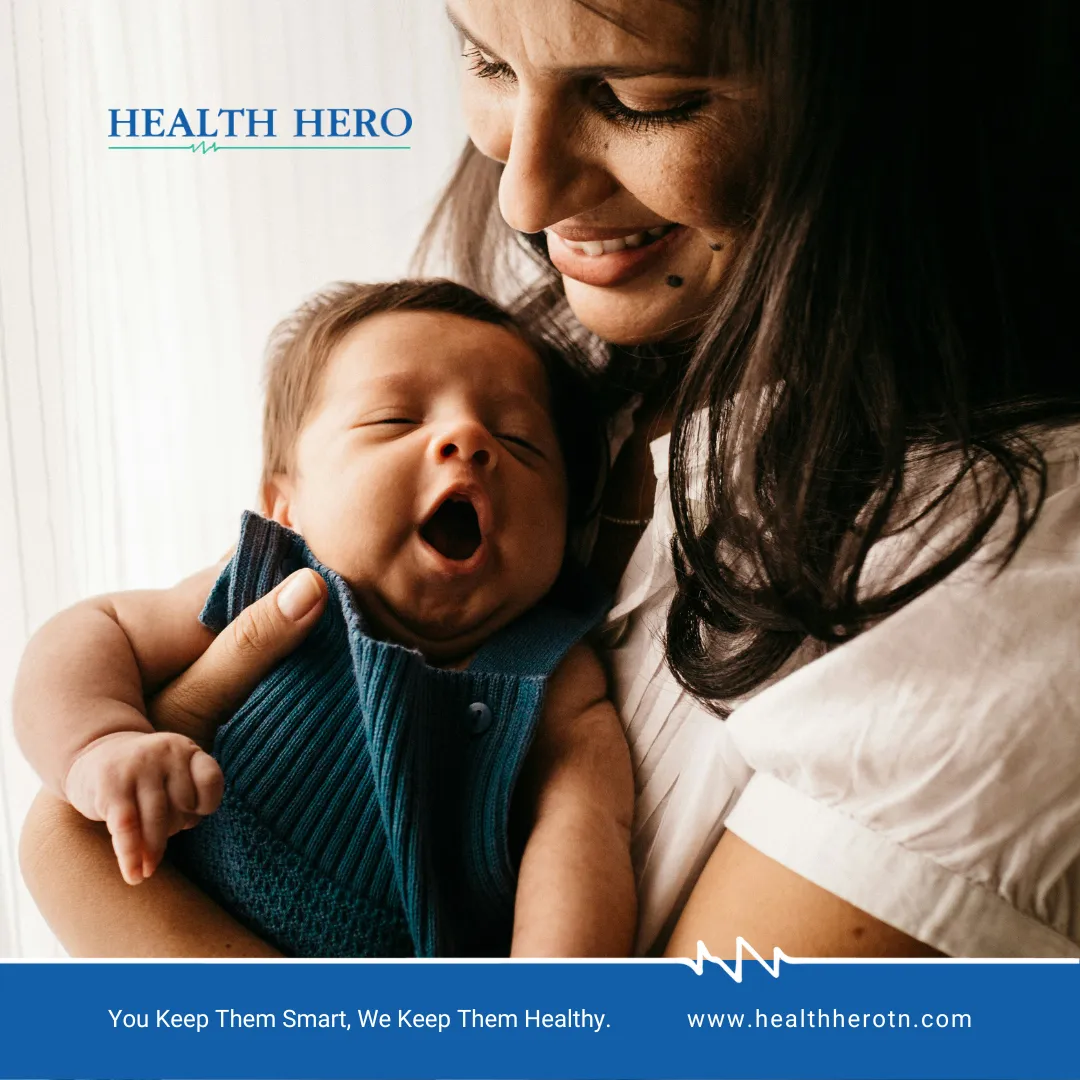Infants are at high risk of becoming sick. It takes time for their small and fragile bodies to grow and develop, especially their immune system. Respiratory syncytial virus (RSV) remains a significant threat to infants in the United States, with yearly cases reaching between 50,000 and 80,000 cases in children under five.
New data released by the Centers for Disease Control and Prevention (CDC) shows promising signs of the effectiveness of the nirsevimab vaccine, a long-acting monoclonal antibody. Some of the results show that the vaccine helped protect infants from hospitalizations associated with RSV.
Nirsevimab is a monoclonal antibody designed for the prevention of respiratory syncytial virus (RSV) infections. RSV is a common virus that causes respiratory infections in children and adults, with infants and the elderly being particularly vulnerable to severe forms of the disease. Nirsevimab works by targeting the RSV virus, providing passive immunity to those at high risk of severe infection.
Nirsevimab represents a promising advancement in the prevention of RSV, potentially reducing the burden of this disease on healthcare systems and families. However, for the most current information, including approval status, recommendations, and usage, it’s important to consult recent sources or healthcare professionals.
In August 2023, the CDC endorsed nirsevimab for infants under eight months and certain children aged 8–19 months. Over a surveillance period of October 2023 to February 2024, data from 699 infants under 8 months who received nirsevimab and were hospitalized with acute respiratory illness were analyzed. The results revealed that nirsevimab was 90% effective in preventing RSV-associated hospitalizations among infants during their first RSV season.
As the United States deals with the tail end of a devastating respiratory virus season, these results are a positive sign in helping reduce the risk of severe outcomes for infants. These seasons often leave many sick, hospitalized, and even fatal, particularly those who are vulnerable, such as infants, the elderly, and those with underlying health conditions. This study highlights why vaccinations are important in mitigating the risk of future outbreaks and reducing the burden on healthcare systems.
Vaccinating your children offers crucial protection not only from seasonal illnesses like the flu or RSV, but from even more potentially fatal illnesses such as polio, measles, and whooping cough, which historically claimed numerous lives before the advent of vaccines. The recent surge in measles cases, with at least 60 confirmed or suspected cases across 17 states in the U.S. so far this year, highlights the ongoing threat of preventable diseases. With spring break approaching, health officials emphasize the importance of ensuring vaccination status, urging Americans to stay updated with highly effective vaccines to mitigate the risk of measles outbreaks during travel.
Additionally, vaccination has an economic advantage beyond individual health benefits, reducing the financial strain associated with treating vaccine-preventable diseases. With rigorous testing ensuring their safety and effectiveness, vaccines offer a low-risk, high-reward solution to disease prevention. Furthermore, vaccination ensures your child’s safety during travel in an increasingly interconnected world and contributes to the ongoing eradication and reduction of diseases, securing the health of everyone.
Source:
CDC: CDC study shows effectiveness of RSV immunization for infants


